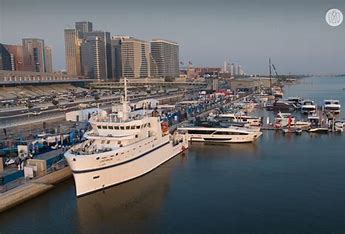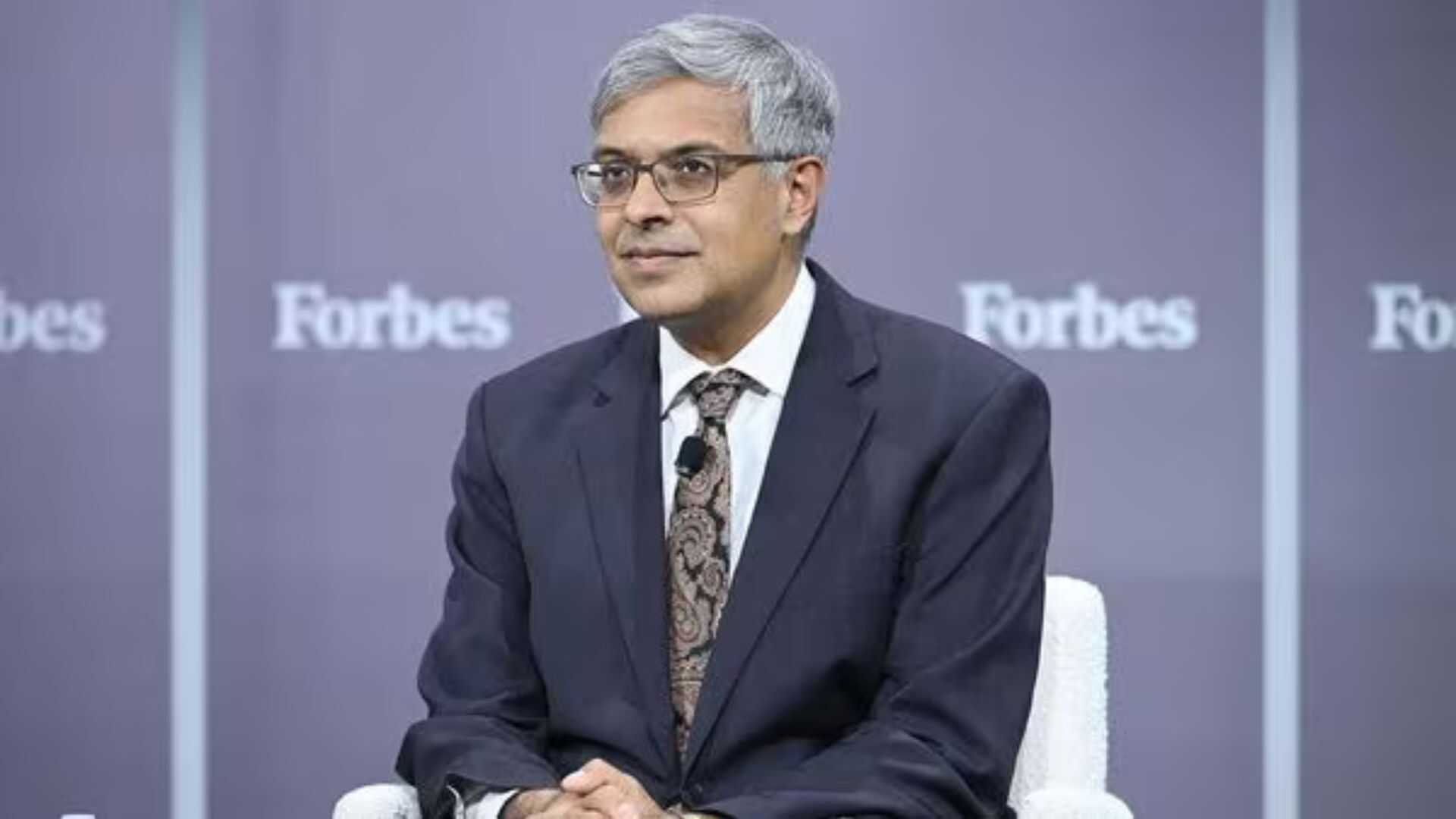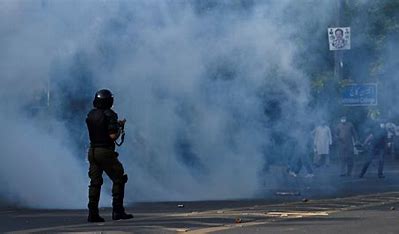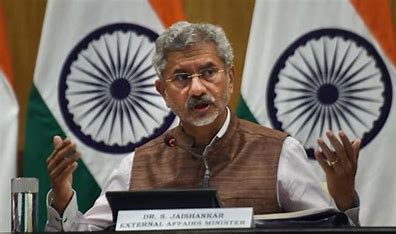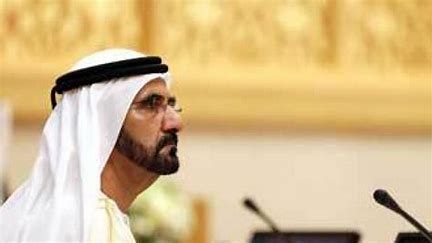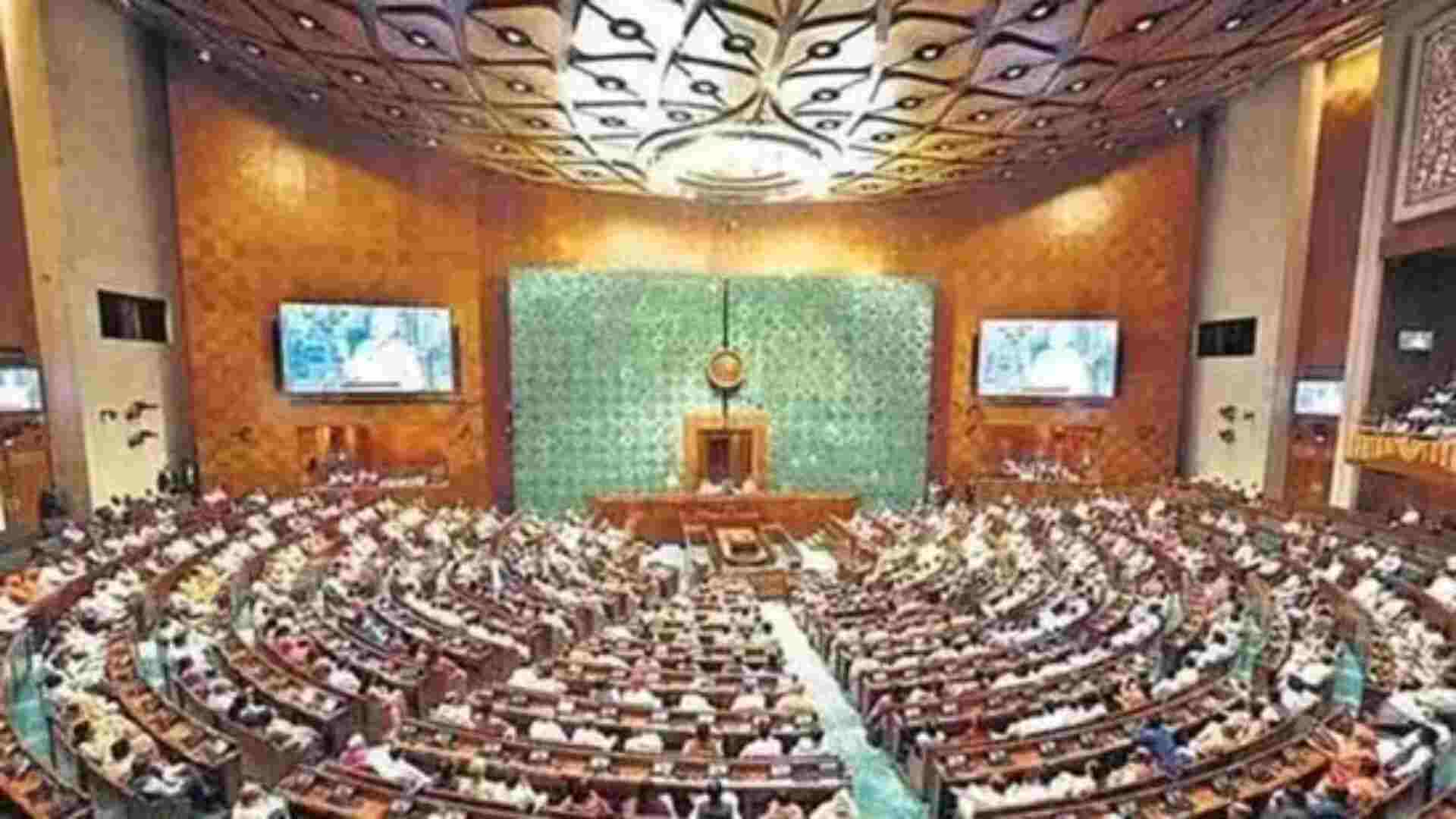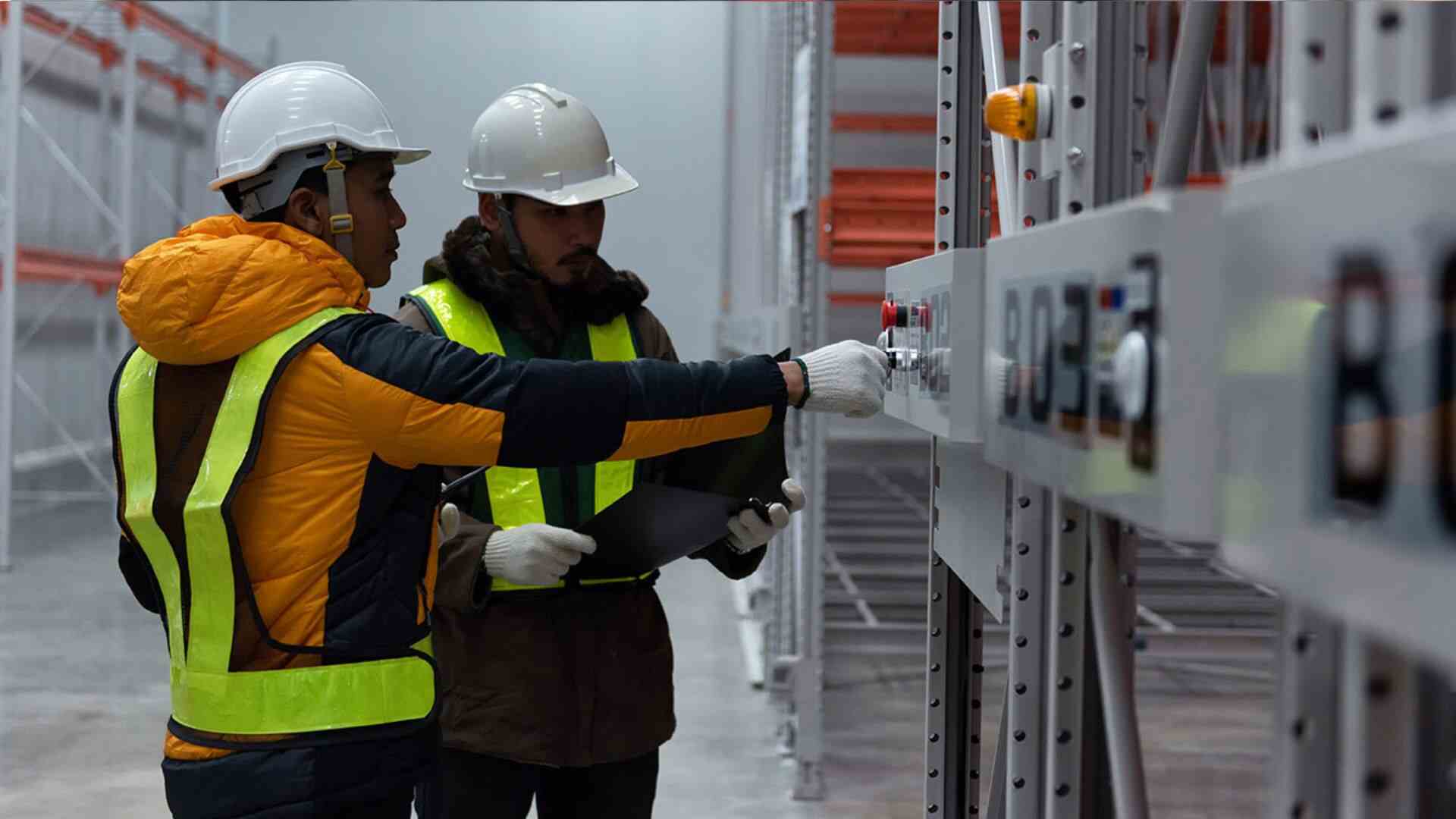
Joint secretary of DPIIT (Ministry of Commerce and Industry, Department for Promotion of Industry and Internal Trade), Dr Surendra Ahirwar, has recently announced, that India’s cold chain sector is on the verge of growth.
During FICCI’s Cold Chain and Logistics Summit, Dr Surendra highlighted the sector’s vital role in ensuring food security and waste reduction.
Dr Ahirwar, further noted, that the cold chain sector has recorded the turnover of Rs 2 lakh crore and is rapidly expanding annually exceeding 10 percent.
He has further announced, that the sector is going to reach 5 lakh crore limit by 2030 or 2032.
“As per one estimate, we are going to reach a Rs 5 lakh crore limit, maybe by 2030 or 2032.” said Dr Surendra.
He further noted that the growth’s sector is driven by innovations, infrastructure development, and collaborative efforts between industry and academia.
Later, talking about advancements made by cold chain sector, he highlighted temperature-controlled warehousing, ice battery technology, and efficient packaging solutions as life-changing innovations.
He also emphasized on government’s role, in providing encouraging environment for these developments, citing the example of PM GatiShakti National Master Plan, which according to him, enhanced the infrastructure development of the sector.
In addition, the 2022 national logistics policy also comprehensively deals with sector’s logistical aspects.
Earlier, Chief operating officer of NCCD (National Centre for Cold-Chain Development), Asheesh Fotedar highlighted the strengthening of India’s cold chain infrastructure based on sustainability, efficiency, and innovation.
Recently, NCCD also made revision of technical standards and guidelines for the implementation of cold chain components across the sector. Which later act as a base for both central and state government bodies for the implementation of cold chain facilities.
Further, it is also on the verge of developing mobile application to digitalize cold chain components data.
The aim of this app, is to boost capacity utilization, cut down on fuel expenses, and diminish the carbon footprint and to gather pertinent logistical data to assist in policymaking and analysis.
Amit Kumar, the Co-Chairman of the FICCI Committee on Logistics and Director of Pristine Logistics and Infra projects, stressed on the significance of constructing sustainable infrastructure and embracing intelligent technologies to enhance energy efficiency and minimize environmental harm.
“We stand at a pivotal juncture where technology diffusion, policy initiatives, and market demand present unparalleled opportunities for the cold chain sector. By placing sustainability at the forefront, we can mitigate environmental impact, uphold economic viability, and fortify food security. declared co-chairman Amit Kumar.
Moreover, during the summit, the FICCI-Grant Thornton Bharat Report on “Cold Chain Dynamics: Mapping India’s Logistics Transformation” was unveiled.
This report focuses on India’s vibrant food processing sector and underscores the significance of the cold chain industry in tackling issues like infrastructure deficiencies and elevated expenses.
